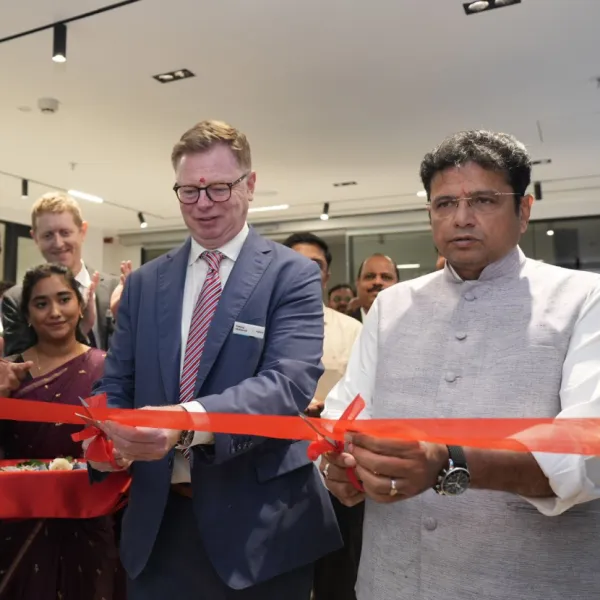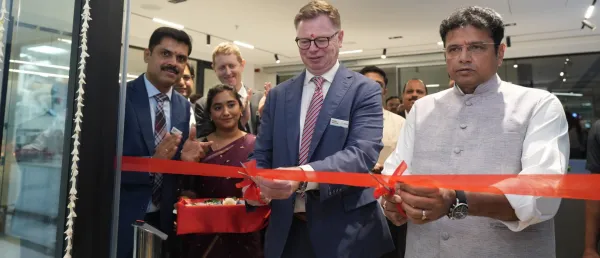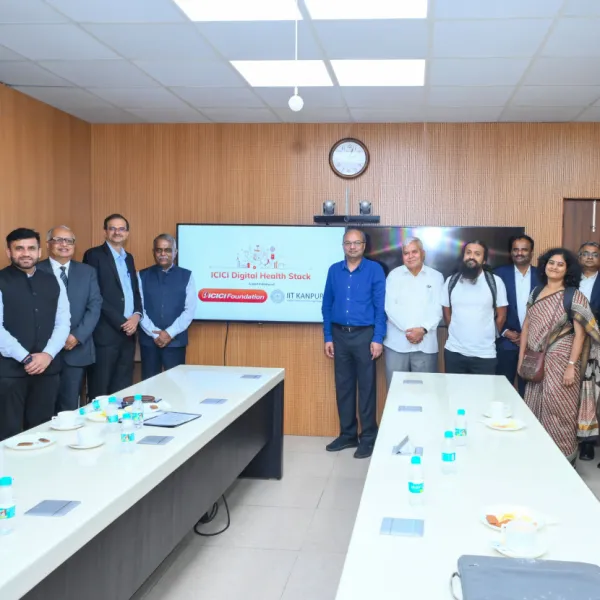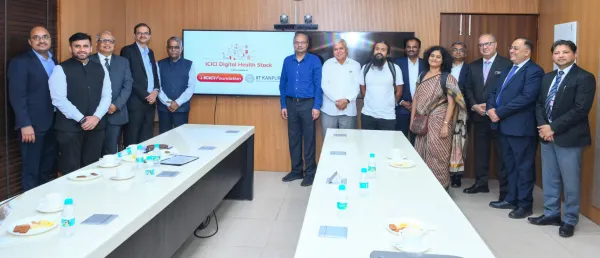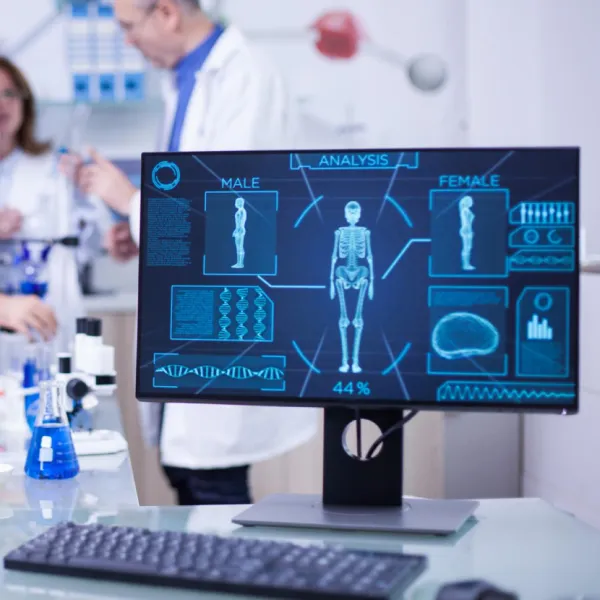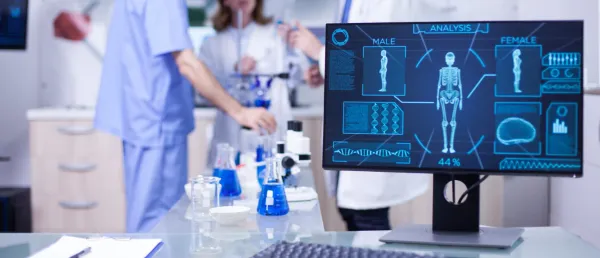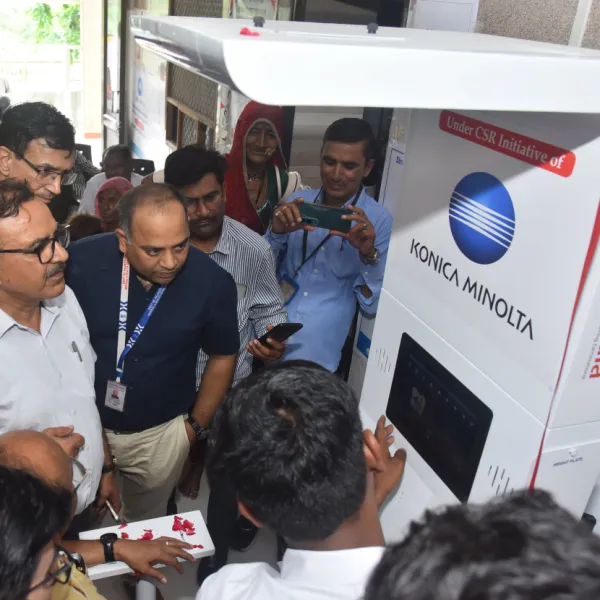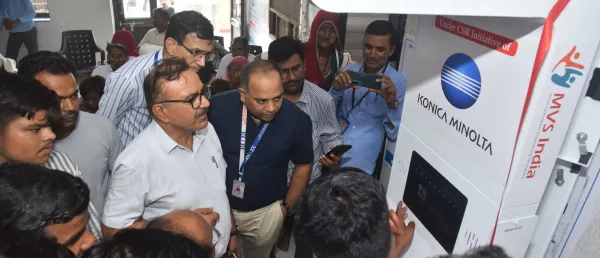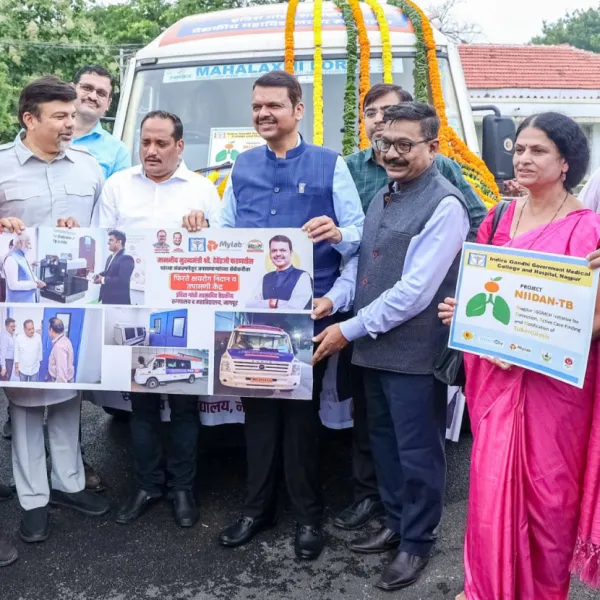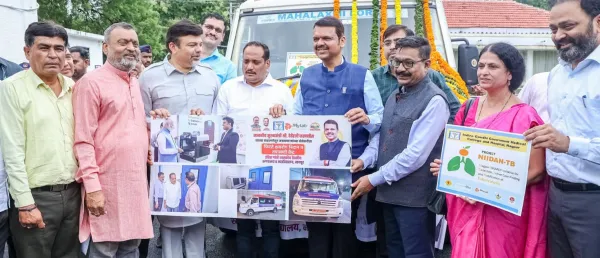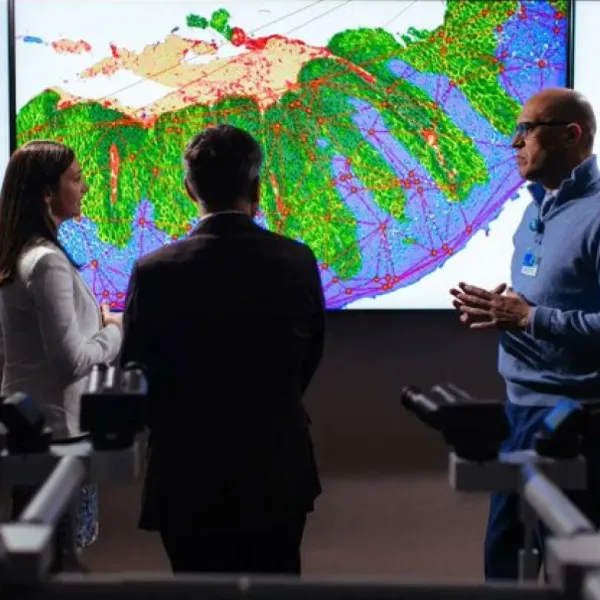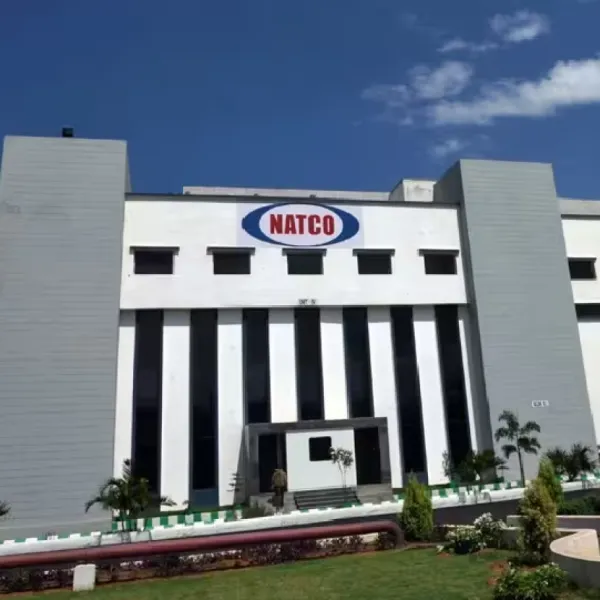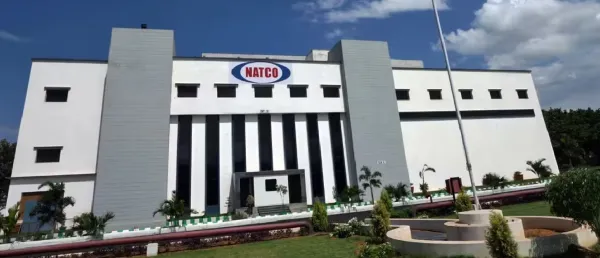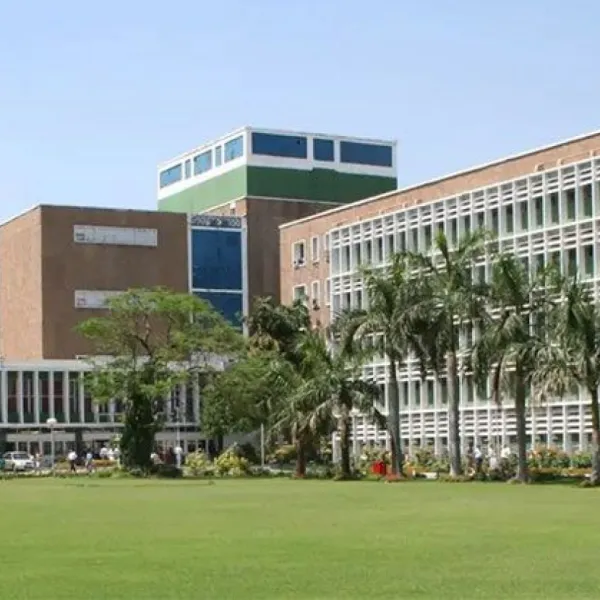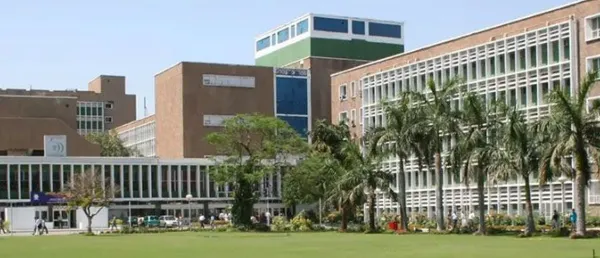ICMR Deploys Mobile BSL-3 Labs to Strengthen Rapid Virus Detection

After the launch of RAMBAAN, the first Rapid Action Mobile BSL-3 laboratory, ICMR has announced plans to launch two additional Mobile Biosafety Level-3 (MBSL-3) Laboratories to improve rapid-response diagnostics.
Reportedly, Indian Council of Medical Research (ICMR) is in the process of procuring two more Mobile Biosafety Level 3 (MBSL-3) laboratories to enable rapid diagnosis during outbreaks of high-risk pathogens in India.
RAMBAAN is a fully indigenous Rapid Action Mobile BSL-3 laboratory. The vehicle was developed by ICMR in collaboration with Klenzaids Contamination Controls, a Mumbai based company, with support from the Pradhan Mantri-Ayushman Bharat Health Infrastructure Mission under the Ministry of Health and Family Welfare.
Moreover the vehicle was initiated to tackle the repeated outbreaks of highly infectious pathogens such asNipah, Zika, Avian influenza, and COVID-19, enabling quick contamination and preventing spread.
Currently, two MBSL-3 laboratories are stationed at ICMR-NIV Pune and ICMR-RMRC Gorakhpur, and the ICMR noted it is “in the process of procuring two more MBSL-3.”
First-of-its-kind rapid-action mobile BSL-3 laboratory
Inaugurated in February 2022 in Maharashtra's Nashik at a cost of INR 25 crore, RAMBAAN was first deployed and operationalized in response to the Nipah virus (NiV) outbreak in Kozhikode, Kerala, in September 2023 and again in Malappuram District of Kerala in July 2024.
The innovative lab on wheels of the ICMR is compliant with BS-VI norms, and is designed to operate at extreme temperatures and altitudes, bearing a maximum load capacity of 17 tonnes.
Divided into four working zones, the lab covers aspects such as personal health, mobilization logistics, major installation, functioning, approvals, equipment checks, and supply management.
ICMR said, “During outbreaks strict biosafety protocols, BSL-3 practices, and standard operating procedures (SOPs) are followed for specimen handling and processing including the use of personal protective equipment such as coveralls, PAPRs, and double gloves.”
Stay tuned for more such updates on Digital Health News







